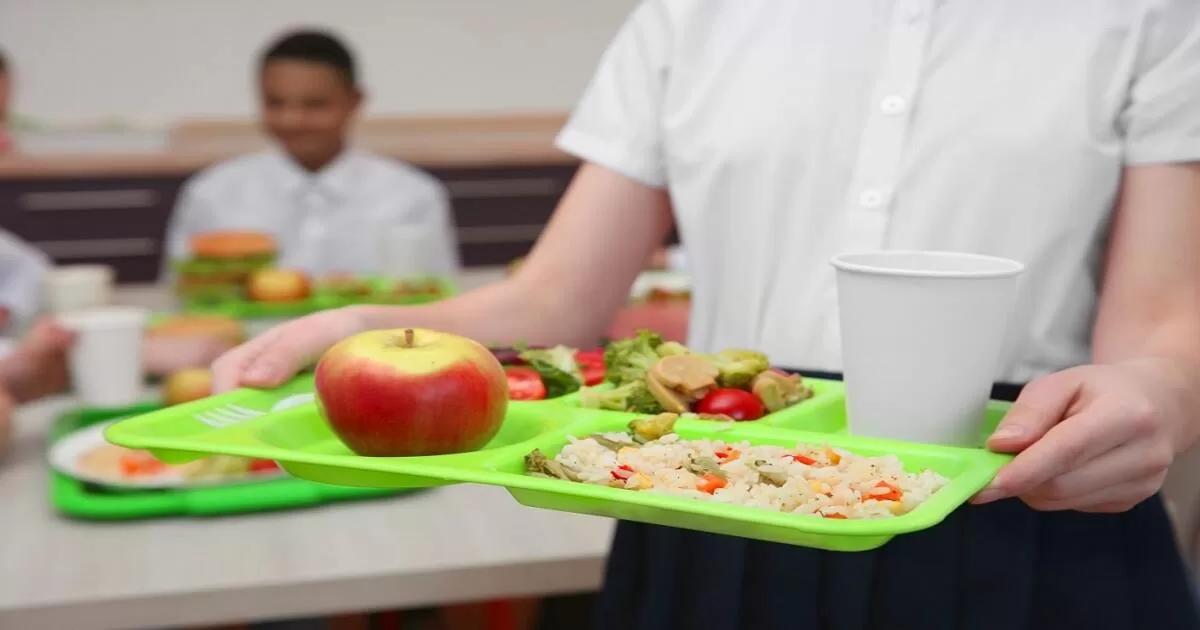
BEIRUT (Enmaeya News) — September 26, 2025
A Lebanese ministerial delegation took part in the Second School Meals Coalition Global Summit, held under the high patronage of Brazil’s president on Sept. 18–19.
The summit brought together leaders from member states, UN agencies, international financial institutions, NGOs, philanthropies, and research organizations to review progress on school meal programs worldwide since the first meeting in Paris in 2023.
Lebanon’s school meals initiative, launched in 2016 with support from the World Food Programme (WFP), has grown from just 22 schools serving 10,000 students to now reaching more than 107,000 children across 323 public schools.
During last year’s war on Lebanon, when education was disrupted, WFP reactivated school kitchens to provide meals to affected communities. Since classrooms reopened, meals have resumed, underscoring the program’s role as a critical safety net for vulnerable families.
“School meals in Lebanon are implemented under the national School Health Program, reflecting our commitment to ensuring that every child has the right to quality education in a healthy and supportive environment,” said Education Minister Rima Karami.
She added that the program supports every aspect of child development — physical health, mental well-being, social skills and academic growth. “By integrating school meals into the School Health framework, we are not only improving nutrition and learning outcomes but also strengthening families and communities in our beloved country, despite the severe crises we continue to face.”
The program is powered by local solutions that connect food, education and community empowerment. Twelve WFP-supported kitchens, run by 201 women caregivers, prepare daily meals for nearly 24,000 children. Ninety-two percent of ingredients are sourced locally through 10 retailers and four small and medium businesses.
School meals also help ease the economic burden on households, covering about 10 percent of a child’s daily food needs. According to WFP, every $1 invested in Lebanon’s program generates up to $20 in economic and social returns.
“School meals are a pillar of Lebanon’s food security response,” said WFP Lebanon Representative and Country Director Matthew Hollingworth. “By linking schools with local farmers, women caregivers and small businesses, the program strengthens Lebanon’s food system. We are honored to work alongside the Ministry of Education to expand this national effort.”
Looking ahead, the ministry and WFP aim to expand the program further, reaching more public school children while building long-term sustainability.
Lebanon joined the Global School Meals Coalition in 2023, reaffirming its commitment to develop a sustainable, nationally led program. For the upcoming school year, it will be supported by WFP with contributions from France, Italy, South Korea, Norway, Finland and Germany.
According to the State of School Feeding Worldwide Report launched on Sept. 10, school meals have become the world’s largest social safety net, benefiting 466 million children globally. The report shows that meals not only help keep children in school and improve learning outcomes, but also promote healthier diets, create jobs and boost local food systems.



